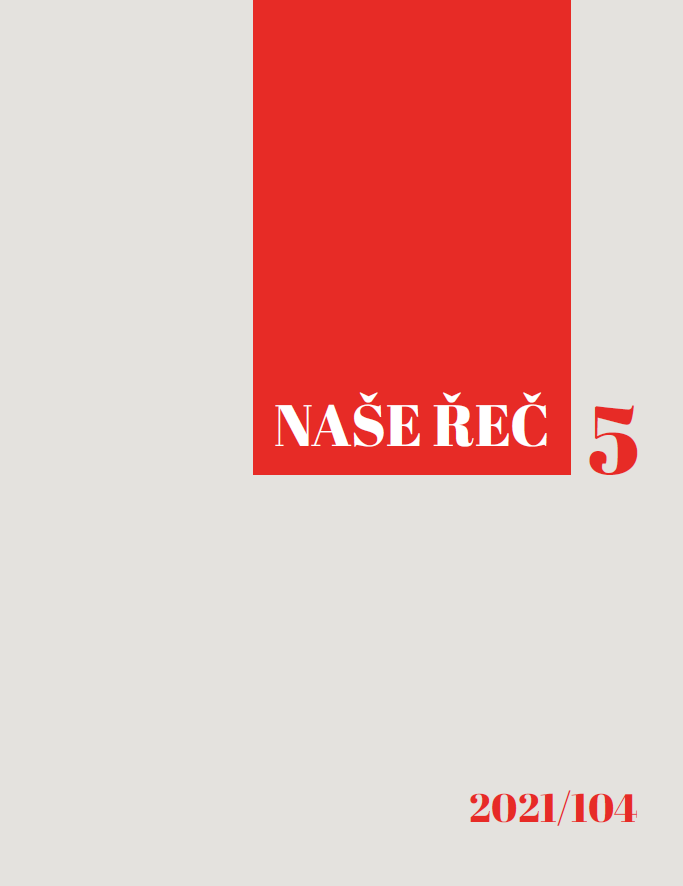Čeština v Německu – jazyk v kontaktu a izolaci v „generaci exil“
Czech in Germany – a language in contact and isolation in the “exile generation”
Author(s): Marek NekulaSubject(s): Western Slavic Languages
Published by: AV ČR - Akademie věd České republiky - Ústav pro jazyk český
Keywords: contact and isolation phenomena; heritage language; L1 and L2; language acquisition; language biography; language contact; language ideology; language regime; language situation
Summary/Abstract: The paper deals with the language of Czech speakers born in socialist Czechoslovakia who emigrated with their parents before 1989 and grew up in the Federal Republic of Germany. Due to the dominance of German, their first language, Czech, quite quickly became a secondary language,and their second language, German, the primary one. The study takes a closer look at the idiolect of one female speaker selected from a large number of interviews in order to determine the characteristics of her Czech shaped in the period of limited contact with her home country before 1989,or in the early 1990s. This period’s turbulent economics made the prospect of returning unlikely,and the lack of modern communication technologies did not allow the contact with her home country to the extent known today. The characteristics of her Czech are systematized using studies on Slavic languages in migration, including studies on the so-called heritage language, i.e., the language of the second migration generation. In empirical studies of languages in migration, early migrants’ language is sometimes analysed together with that of heritage language. Thus, it turns out that in comparison with the language spoken in their home country, which is the starting point of acquisition(and comparison), the heritage language is characterized by an imperfect acquisition and insufficient stabilization of already acquired phenomena, which leads to their erosion.
Journal: Naše řeč
- Issue Year: 104/2021
- Issue No: 5
- Page Range: 359-375
- Page Count: 17
- Language: Czech

